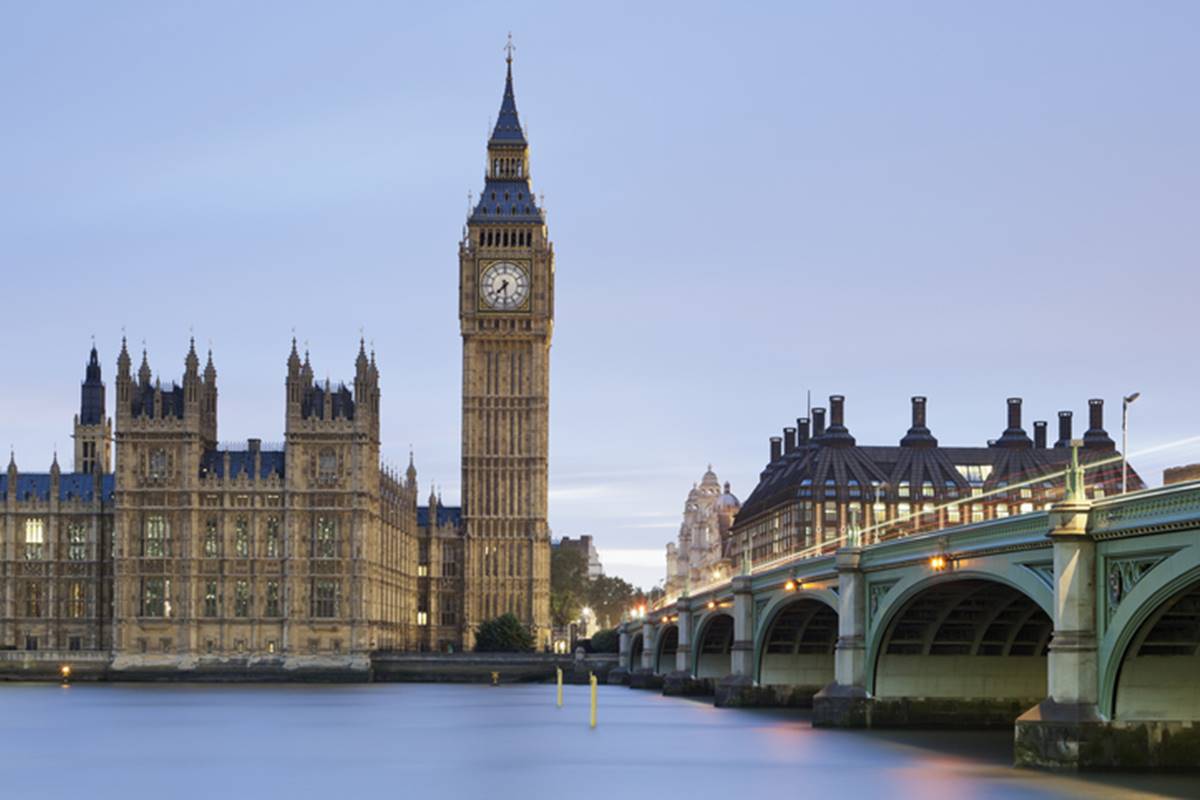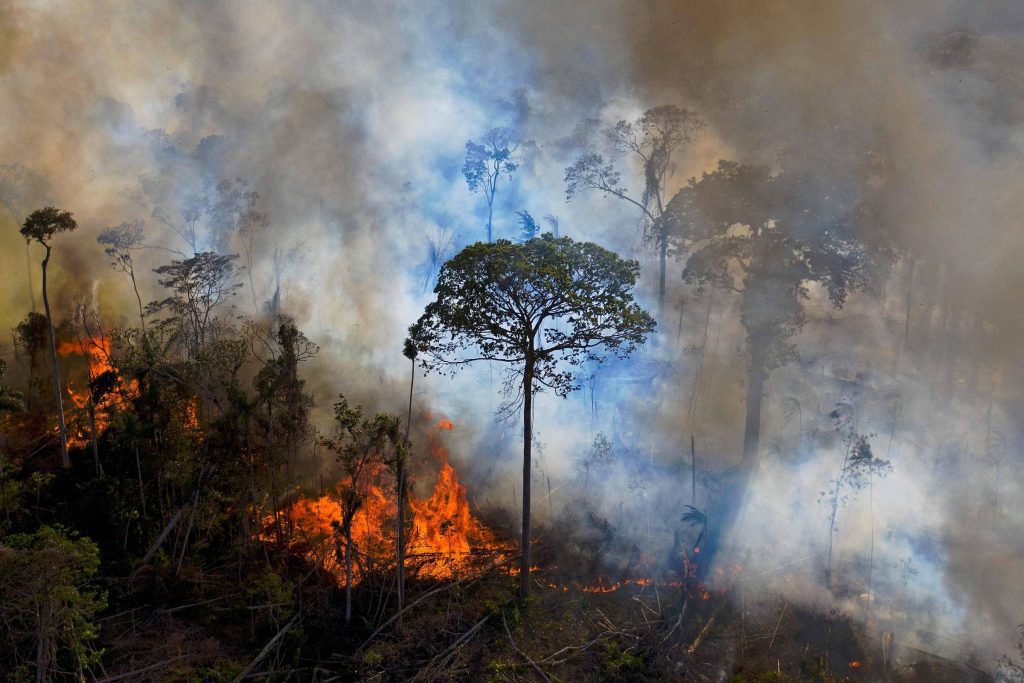The following text was written by biologist Mercedes Bustamante, of the University of Brasilia (UnB) and the Brazilian Academy of Sciences. It is part of the second “occupation” of the columns of the press promoted by the Serapellera Institute, this time under the slogan “How science should participate in the reconstruction of Brazil”.
By the way, there is nothing more appropriate, by the way, than the cooperation of an ecologist on the future of the Brazilian biomes, the Cerrado and the Amazon, and the climate crisis of the planet. In the words of Mercedes Bustamante:
35 years ago, Our Common Future (1987) was released by the World Commission on Environment and Development. Also called the Brundtland Report jointly with Norwegian Minister Gro Brundtland, who coordinated it, the document envisions sustainable development as development that “meets the needs of the present without compromising the ability of future generations to meet their own needs”. That is, common interests, challenges and efforts.
This October, in Brazil we will have a defining moment to reflect on our common future and the role of science and education in designing that future. The 2022 elections should represent an important turning point for realigning public policies with the agendas of knowledge generation and sustainability, reducing inequality and respecting human rights and social diversity.
Science allows us to plan for a possible future based on our choices in the present. Young people around the world are clearly indicating that they want change and want to participate in today’s decisions that will have lasting impacts on their future and on the planet.
With adequately funded knowledge, tools and research institutions, we can create and evaluate alternatives to socially inclusive development that take into account the limits of the sustainability of our ecosystems. In this task, all areas of knowledge will be basic.
Improving science education at all levels of education allows science-related processes to be well known and understood. Thus, society and the entire economy benefit from a science-based education.
Recently, the Brazilian Academy of Sciences launched a Document on the importance of science as a state policy for the development of Brazil. The COVID-19 pandemic is a global shock entering its third year. On the other hand, environmental changes, such as the climate emergency and biodiversity degradation, are crises that create effects that will remain with us for a long time extending across generations.
Health, agriculture, water and energy sources are linked to environmental health. Appropriate responses depend on the best of science, but also that its importance is understood and appreciated by responsible leaders.
Globally, this decade will be critical to implementing the actions that will define our common future. In Brazil, elections give us an opportunity to evaluate country-specific proposals that will be advocated by candidates for executive and legislative power at the federal and state levels. Which ones value education, science, culture and the environment? For candidates seeking re-election, what are your actions in these areas?
Certainly, such an assessment will facilitate options. Without a doubt, we desperately need better options.
Current link: Did you like this text? A subscriber can unlock five free accesses to any link per day. Just click the blue F button below.

“Hardcore beer fanatic. Falls down a lot. Professional coffee fan. Music ninja.”



![[VÍDEO] Elton John’s final show in the UK has the crowd moving](https://www.tupi.fm/wp-content/uploads/2023/06/Elton-John-1-690x600.jpg)


More Stories
The Director of Ibict receives the Coordinator of CESU-PI – Brazilian Institute for Information in Science and Technology
A doctor who spreads fake news about breast cancer is registered with the CRM of Minas
The program offers scholarships to women in the field of science and technology